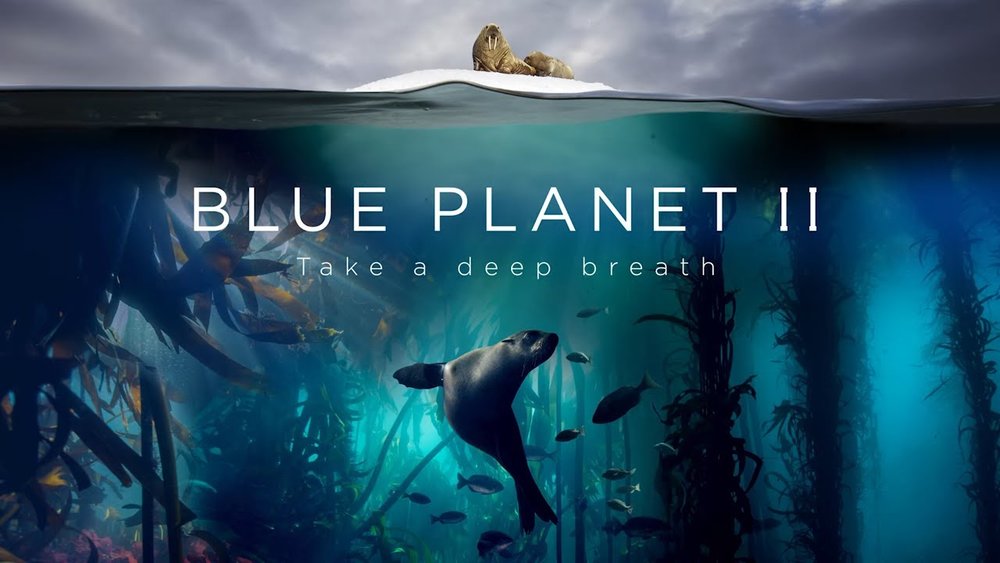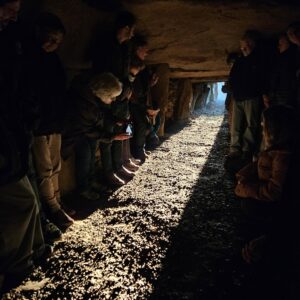By MIKE STENTIFORD, former National Trust for Jersey president and regular contributor to RURAL magazine
ALL of us are now fully aware of the remarkably explosive environmental ‘wake up call’ following the BBC’s epic milestone television series ‘Blue Planet II’.
The disastrous consequences of plastic waste on our oceans and marine life has finally been punched home hard, accurate and in a brutally effective way.
The world-wide results of this exercise in environmental ‘shell-shock’ has left an indelible mark on the human conscience, so much so that ‘plastic’ is now surprisingly damned for its universal
over-usefulness.
More importantly, and certainly not before time, we’re now collectively facing the reality that we are truly making a pig’s ear of the stewardship of our planet.
And yet, as the world mourns the fatal implications that plastic waste is having on marine wildlife, a steady decline in other species of biodiversity in our very own back yard is failing miserably to gain even the most modest degree of concerned traction.
While it’s easy to understand why heart-strings are tightly pulled when plastic waste seriously impedes the lives of whales or turtles, the raw acknowledgement that an alarming proportion of
biodiversity is becoming extinct here in Jersey passes by with hardly an eyebrow being raised.
It’s an acceptable part of our make-up, I guess, to exhibit serious concern when, due directly to human negligence, seabirds are shown in a pitiful state of helplessness. But why do we not show
likewise compassion when once familiar species of land birds are suddenly no longer with us?
It’s probably more a case of ‘out of hearing rather than out of sight’ when species such as cuckoo, turtle dove, yellowhammer and skylark fail each year to collectively offer musical contributions to
our summer skies.
Likewise, memories of legions of nursery-bound toads or the once anticipated summer ‘light show’ of myriad glow worms are now no more than a faded reflection of times past.
As a result, one might simply ask why this matters?
It matters because it’s precisely through our own actions that, whether marine or land based, much of the world’s wildlife currently finds itself in irreversible freefall.
Who knows? If it’s possible for us all to go ‘environmentally passionate’ over plastic waste, then perhaps some purposeful intent and support in putting to rights our own often besieged landscape and wild neighbours might, just might, bring each of us a little nearer to the cause.





